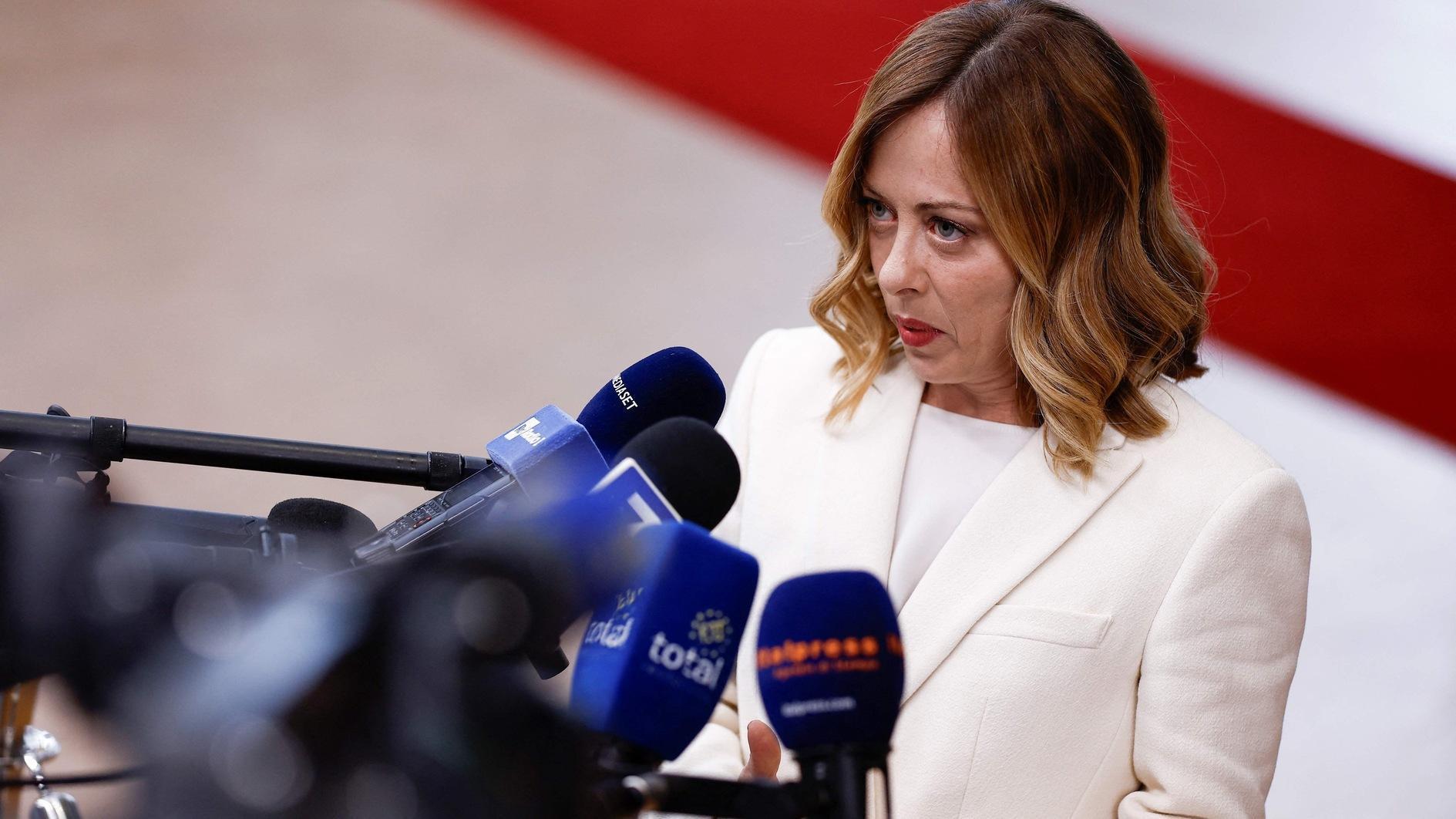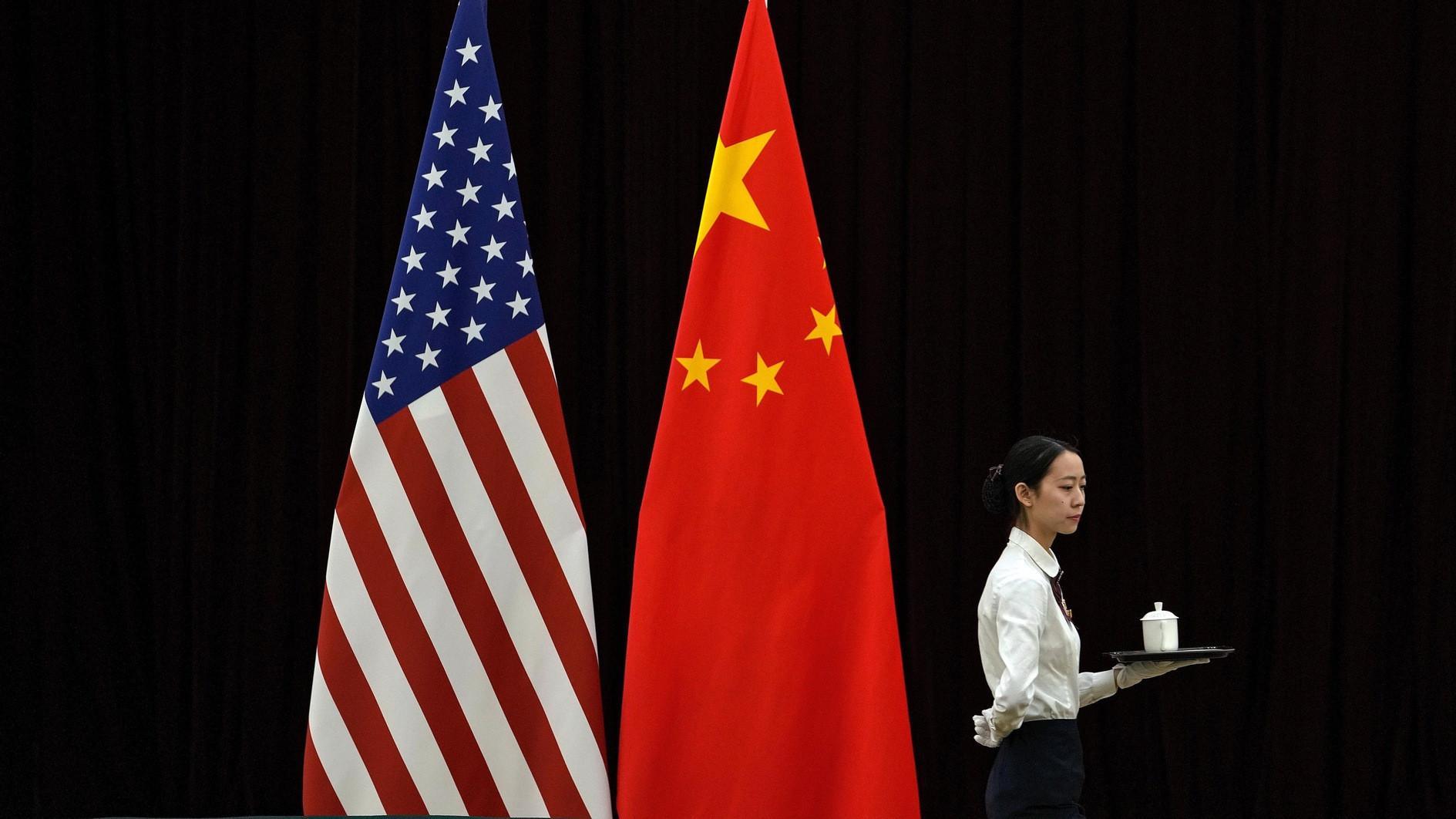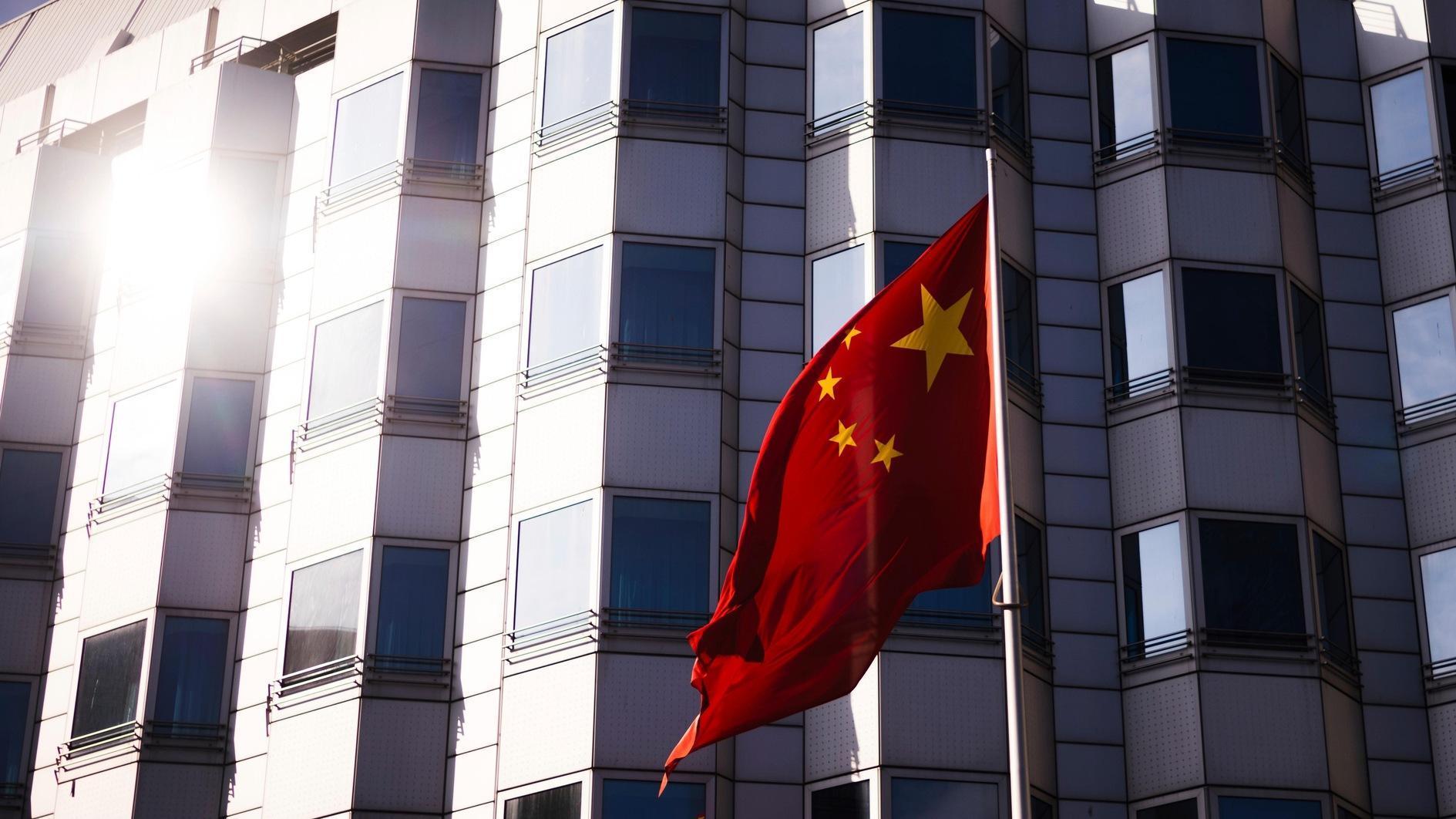Italian elections: the growing “top-down” divide
SOPHIE QUINTIN ADALI
The Italian election results were an “awkward” democratic moment for the European elite, who have engineered a top-down technocratic plan to save the Euro and imposed tough conditions on reluctant populations. The EU is back in crisis mode.In his recent address to EU Parliament, French President Hollande had emphatically stated that the crisis was “behind us.” What was said in all seriousness now sounds like a pathetic joke, even if no one is laughing. Paris is nervously watching the latest act of rebellion in Europe’s sick bay. France is next in the “contagion” line. Yet the response of the Socialist government to the unfolding crisis has been characteristically hapless; no reforms, only new taxes. The economy continues to collapse.
For now, all eyes are set on Rome to try to figure out what might come out of the shambolic electoral results. Can a coalition government be formed? Will it be in a position to govern? European leaders are urging Italy to keep its commitments to cut its ballooning sovereign debt.
The return of Berlusconi was predicted but not the high score of the Five-Star Movement (M5S) led by the comedian-cum-politician Beppe Grillo. Its economic program is sketchy at best but its core idea is crystal clear: a return to the Lira for the Italian economy to regain competitiveness combined with debt restructuring. Many serious economists have advocated this option but it goes against the prevailing (Berlin) consensus. Questioning the Euro is considered “heresy.”
Although millions of Euros have been spent on spreading the EU word (integration is good for you), recession is biting harder every day. The colorful M5S, a populist anti-establishment party, has become the third political force in Europe’s fourth economy. Italians are generally Europhiles. However, their vote clearly indicates that the EU austerity diktat is being rejected. Trust in “traditional politics,” including supranational politics, is at an all-time low.
The results are a “catastrophe for the euro and the European Union,” said Luxembourg’s foreign minister, Jean Asselborn. When cool-headed leadership is needed, pouring oil on the fire is hardly helpful. But with a hung Parliament, politics is likely to get worse before it gets better. The war of words between the Italian and German press has started. The German tabloid Bild was quick off the mark with a provocative headline illustrated with photos of Grillo and Berlusconi sporting red noses reading, “Will Italy’s political clowns destroy the Euro?”
The morale of Brussels’ constructivists must be low. The Commission-backed candidate, the technocrat Mario Monti, received a drubbing (10% of votes). The message is not difficult to interpret. The Commission’s political activism and interference in the internal affairs of its member states is resented by citizens. It is time for perestroika. The problem is, can anyone in the commanding EU heights think beyond the narrow confines of the politically correct “F-word” dogma (federalism)?
With their votes Italians have expressed anger at a national political class and European technocratic establishment whom they hold responsible for the current mess. In growing numbers they are daring to think the politically incorrect “L-word” (Lira). For those at the deep end of this slow-motion economic and social crash, the idea of regaining monetary and economic sovereignty is starting to look like a light at the end of the tunnel.
The EU ship is once again entering stormy seas. Who knows where the wind, now blowing from Italy, will take it.
*Sophie Quintin Adalı is an analyst for www.libreafrique.org, the francophone project of the Atlas Economic Research Foundation.











